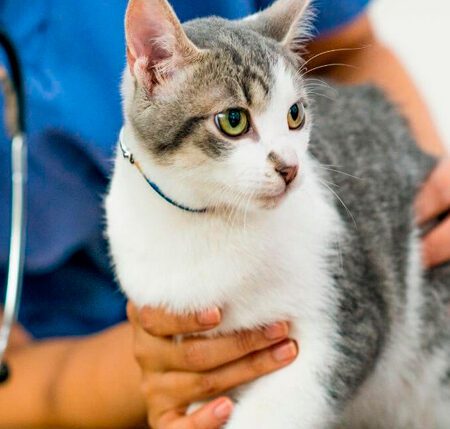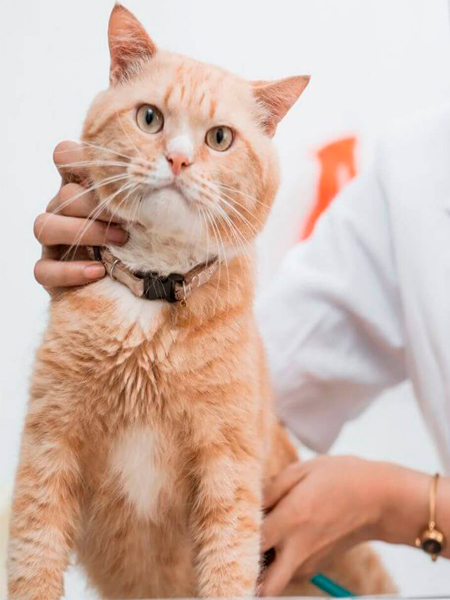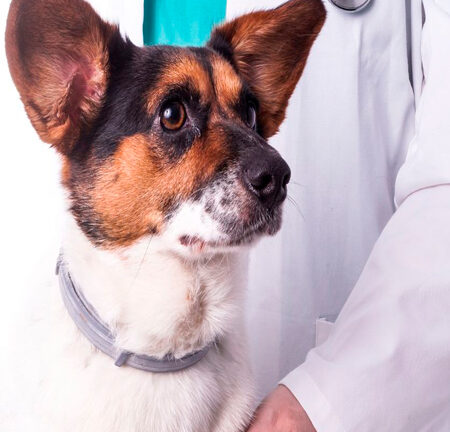Veterinary Services
Pet Spay and Neuter at All West Veterinary Hospital in Bozeman, MT
Spaying or neutering at All West Veterinary Hospital in Bozeman, MT, promotes pet health by preventing unwanted litters and reducing the risk of reproductive health issues.
Spay and Neuter Service in Bozeman, MT
Trust All West Veterinary Hospital in Bozeman, MT, for professional and compassionate spay and neuter services.
Spaying and Neutering Services
- Spaying a Cat or Dog: Spaying involves the surgical removal of the reproductive organs of female cats or dogs under general anesthesia. This routine procedure helps prevent unwanted pregnancies and reduces the risk of health issues such as uterine infections and mammary tumors in females.
- Neutering a Cat or Dog: Neutering is the surgical removal of the testes of male cats or dogs under general anesthesia. This procedure not only prevents unplanned litters but also decreases the risk of reproductive-related health issues like testicular cancer and prostate problems. Neutering can also help reduce behaviors associated with mating instincts, promoting a calmer pet.
Benefits of Spaying and Neutering
Spaying and neutering your pet offer numerous benefits:
- Prevents Unwanted Pregnancies: Reduces the number of homeless animals and shelter overcrowding.
- Reduces Health Risks: Decreases the likelihood of reproductive-related issues such as uterine infections, mammary tumors, testicular cancer, and prostate problems.
- Controls Behavior: Minimizes behaviors like roaming, urine marking, and aggression associated with mating instincts.
- Promotes Longevity: Enhances your pet’s overall health and lifespan by preventing reproductive diseases and injuries.
- Encourages Responsible Ownership: Prevents accidental breeding and ensures sustainable pet populations.
When to Consider Spaying or Neutering Your Pet
Determining the best time to spay or neuter your pet depends on various factors:
- Breed and Size: Some larger dog breeds may benefit from delaying the procedure until they reach skeletal maturity to reduce certain health risks.
- Health Status: Consult with our veterinarians to determine the good time based on your pet’s individual health and circumstances.
Preparing Your Pet for Surgery
Prepare your pet for a smooth surgery experience with these steps:
- Consultation: Schedule a pre-surgery examination to discuss the procedure and address any concerns.
- Fasting: Follow fasting instructions provided by our team to prepare your pet for anesthesia.
- Hydration: Ensure your pet has access to water until the specified fasting time to prevent dehydration.
- Comfort: Create a calm environment at home to minimize stress before surgery.
Contact Us Today
Contact us today to schedule an appointment or learn more about how we can help you ensure your pet’s health and happiness.



